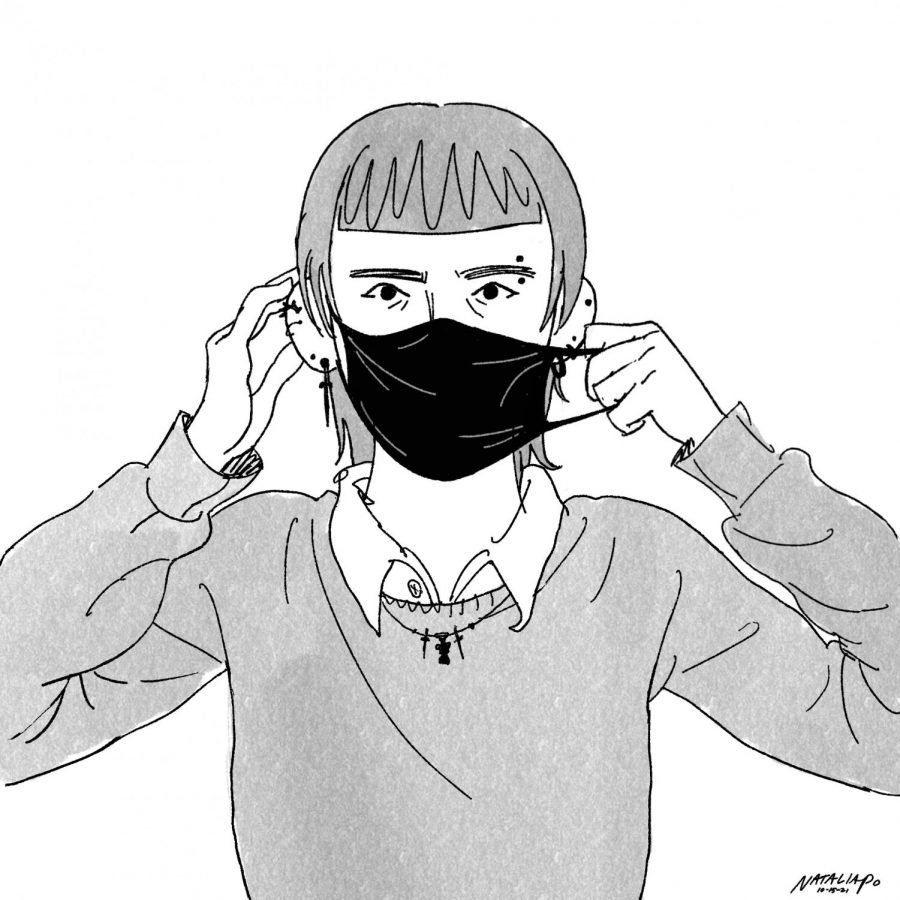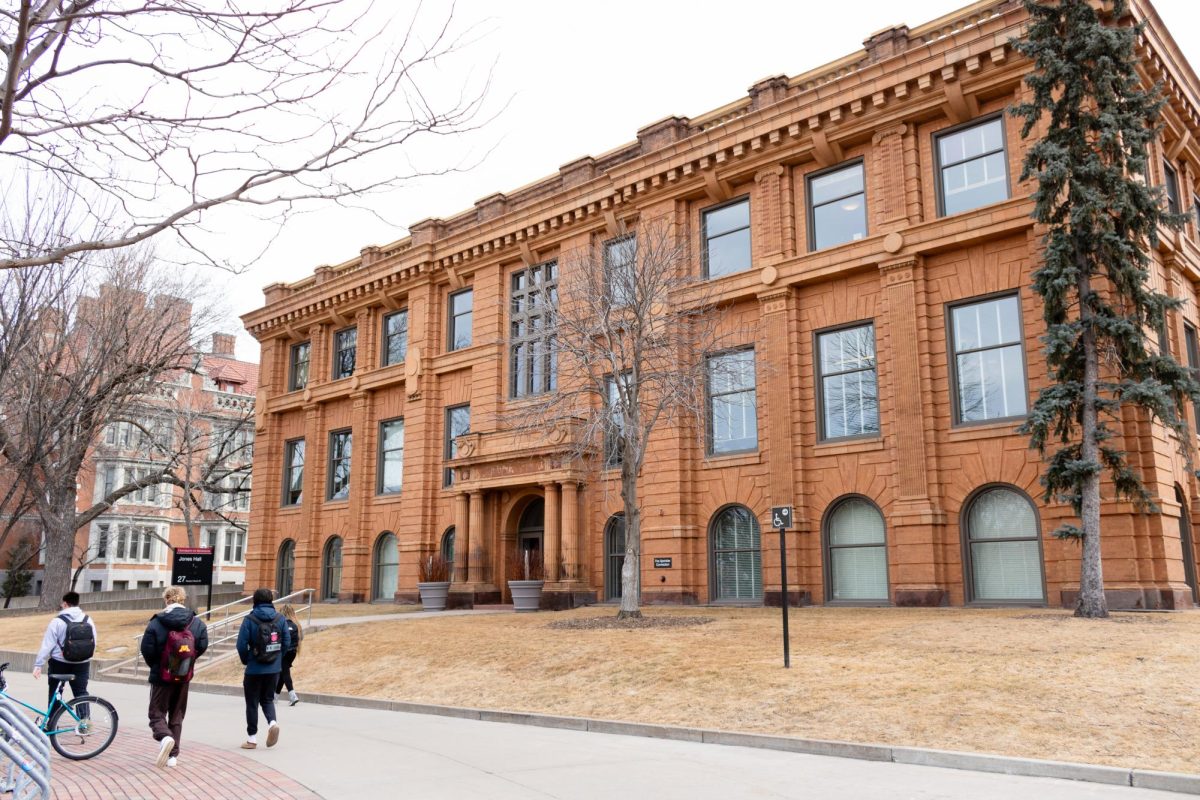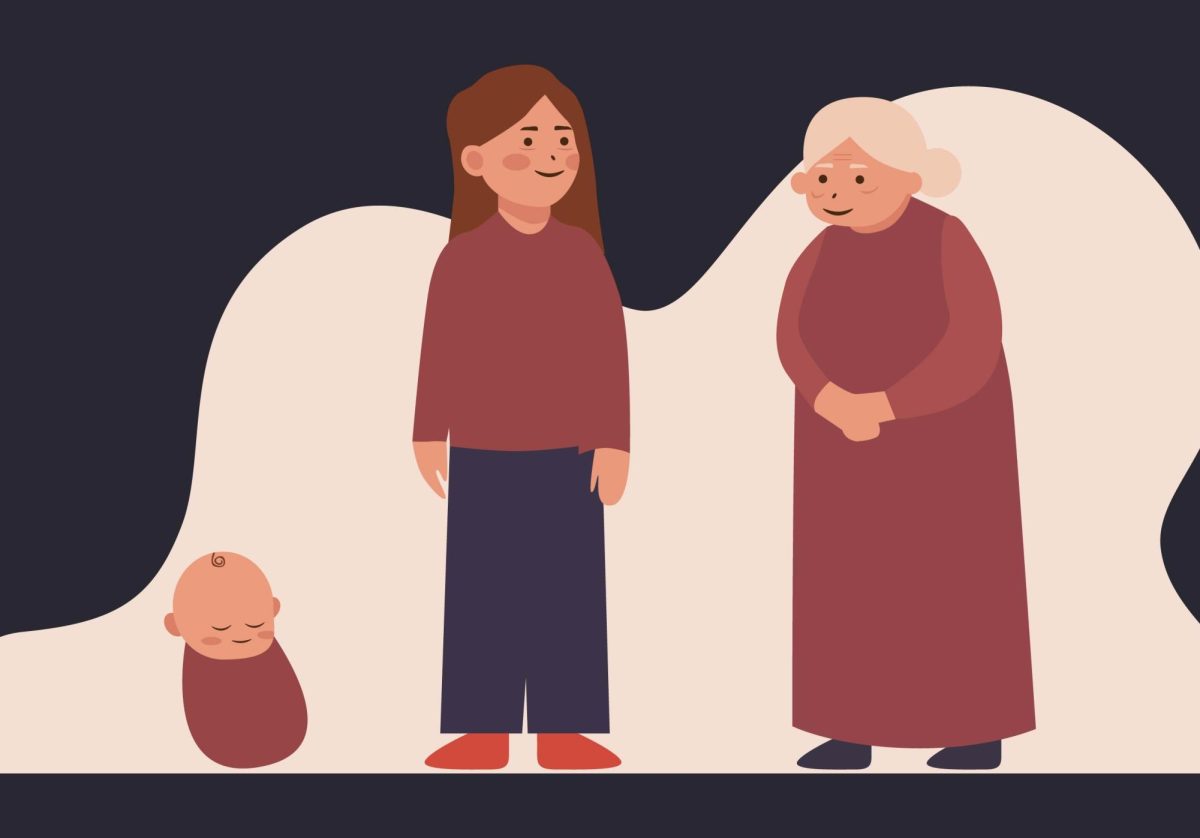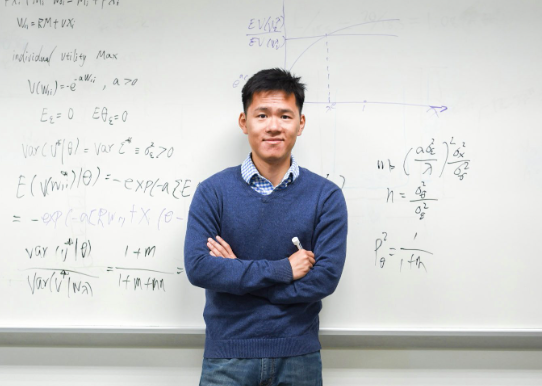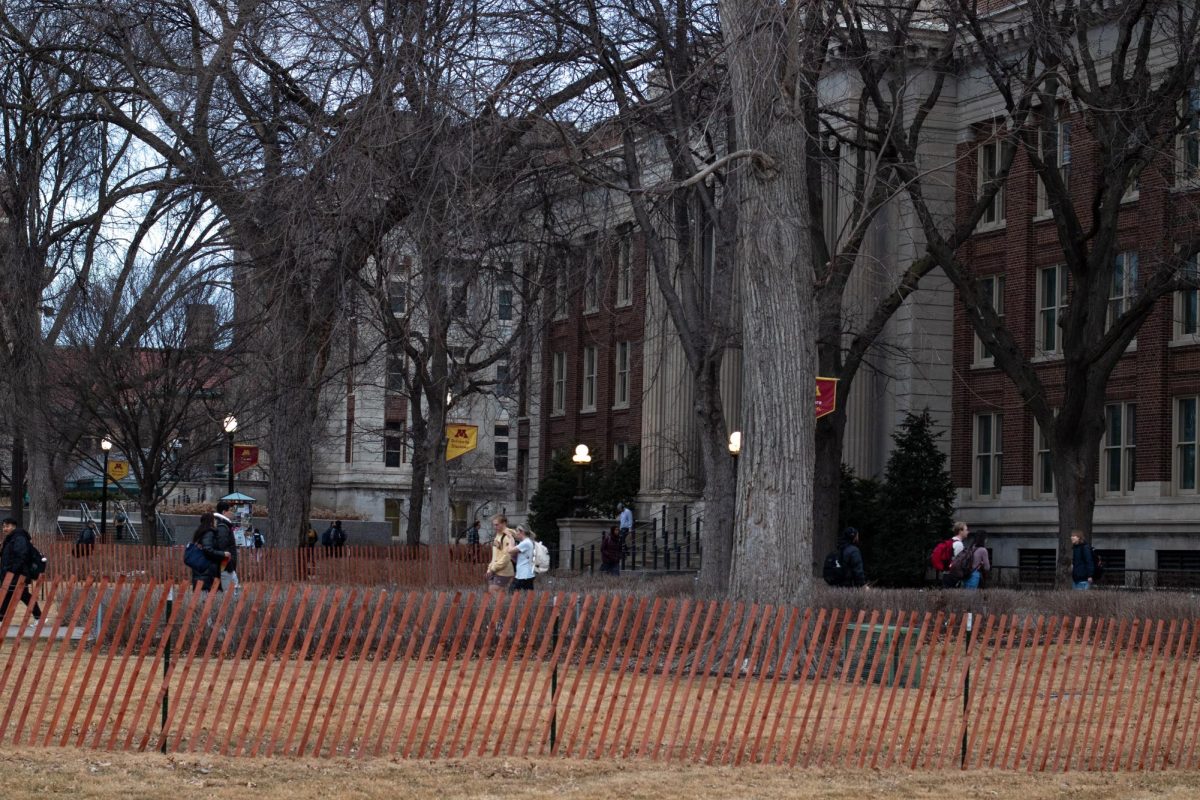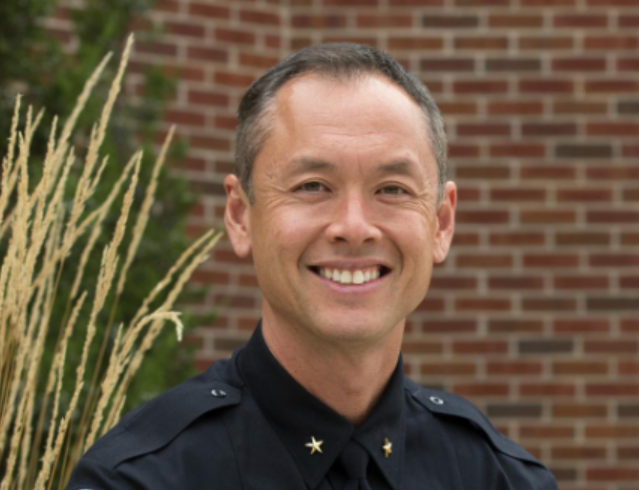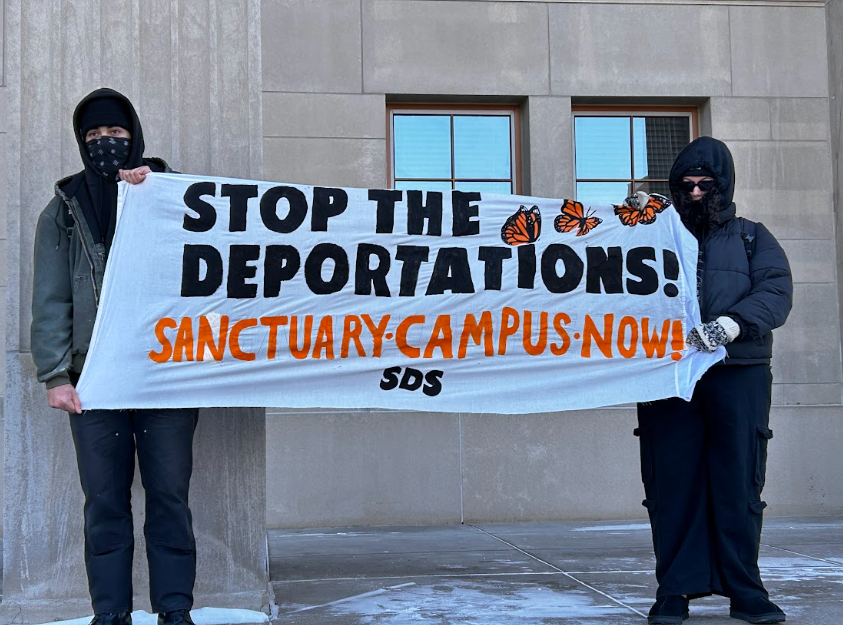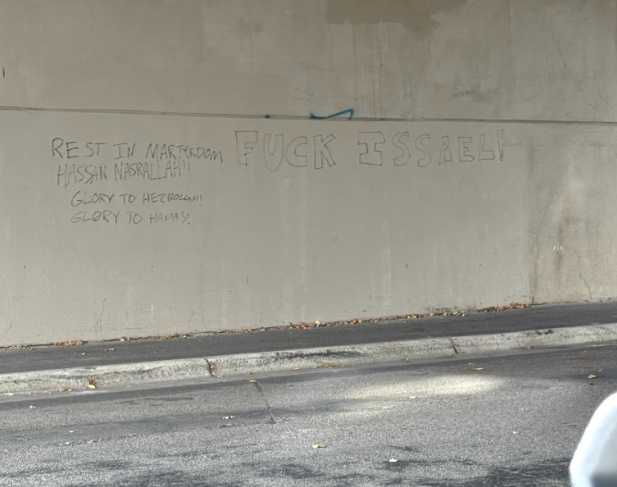The University of Minnesota ended its COVID-19 vaccine requirement for students and employees on July 1, nearly two years after it was implemented in August 2021.
Former University President Joan Gabel decided to end the mandate in early June after a consultation process this spring when the University’s governance bodies and public health experts recommended the end of the vaccine requirement.
Provost Rachel Croson and Vice President for Human Resources Kenneth Horstman said in a systemwide email on June 9, “experts strongly believe COVID-19 will be with us for the foreseeable future, but that for most, COVID symptoms have become much less severe.”
The email added more research on COVID-19 vaccines showed while they are “exceptionally effective at reducing severe illness, hospitalization and death for individuals,” they are “less effective than originally hoped at preventing transmission.”
The University will continue to facilitate and encourage COVID-19 vaccinations and boosters, according to Croson and Horstman.
Concern for some students lingers without requirement

Murphey Stromberg, a third-year art student, said they strongly believe the University should have left the vaccine requirement in place.
Stromberg said they saw the vaccine requirement as a measure to keep students safe and it does not make sense to remove the mandate when COVID-19 is still getting people seriously ill, especially those who are immunocompromised.
“They’re completely leaving behind a huge group of students and teachers and staff who are immunocompromised, who – even if they have the vaccine and get COVID – they’re at a much higher risk to die or have severe, life-altering complications,” Stromberg said. “Nothing about this decision is well justified, in my opinion.”
Stromberg, who is vaccinated and received multiple boosters, said they are not specifically worried about COVID-19 going into the fall semester without the vaccine requirement, but they are concerned about the majority of students who do not wear masks in University buildings if transmission rates increase.
Alexander Lucas, a third-year political science and early childhood education student, said he is also concerned about his immunocompromised friends on campus without the vaccine mandate.
“They’re capable people and they’ll navigate how they feel they need to and I have trust in that, but I also am concerned with a new wave of students coming in that potentially aren’t vaccinated and what the data will look like going forward,” Lucas said.
Sasha Kozachok is a first-year journalism student who said he thought the vaccine requirement was vital to keep students safe when it was first implemented, but he understands the University’s decision to end it now because of the pandemic’s decrease in severity.
“I feel as though COVID has started to calm down to an extent, and I feel like the fact that it’s calm means we can have confidence to end it,” Kozachok said.
Kozachok said he is vaccinated with all of the booster shots, so he is not concerned about his own health without the requirement. While he thinks having the requirement was helpful in preventing COVID-19 on campus, he knows federal guidelines on the virus have relaxed and it now makes sense for the requirement to end for students.
Infectious disease expert speaks on University’s decision
Rebecca Wurtz is public health management and leadership professor at the University and a board-certified infectious disease physician who has worked in public health at the local, state, federal and international levels.
Wurtz said a lot has changed with the pandemic since the vaccine requirement began in 2021 which has allowed the University to end the requirement. The most important reason is there are now “dramatically fewer cases,” and research shows the vaccine helps prevent people from getting seriously ill from COVID-19 but does not keep them from being infectious.
“I think the shape of the pandemic has changed our understanding of what the vaccine does and doesn’t do, and so people’s understanding of how to be safe in a situation like a university has changed,” Wurtz said.
Wurtz added some universities are having challenges tracking compliance with their respective vaccine mandates. She said it could become challenging for the University of Minnesota to continue to annually track compliance with a large student and faculty body.
“I’m sure the University didn’t make a decision based solely on that, but I think it weighs heavily on their decision to try to mandate it going forward, that effort to keep annual documentation of compliance would be significant,” Wurtz said.
Wurtz said the COVID-19 vaccination, which people would probably need annually to stay compliant with a mandate, is in a separate and harder-to-track category than many of the University’s other vaccine requirements which are only needed once or twice as a child.
Wurtz said it is important for students and faculty to continue to take caution in the fall and winter when COVID-19 cases have the potential to increase again. She said the University should still make a strong effort in encouraging and educating students and faculty about getting vaccinated.
“I hope they’ll continue to educate people about being aware of symptoms and how to manage yourself as a student or as a faculty member if you have symptoms of a respiratory illness,” Wurtz said.



